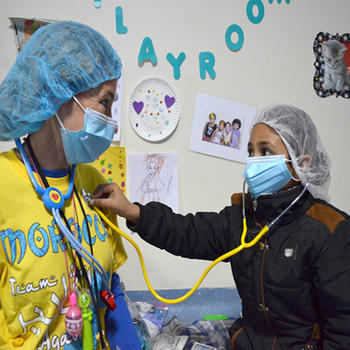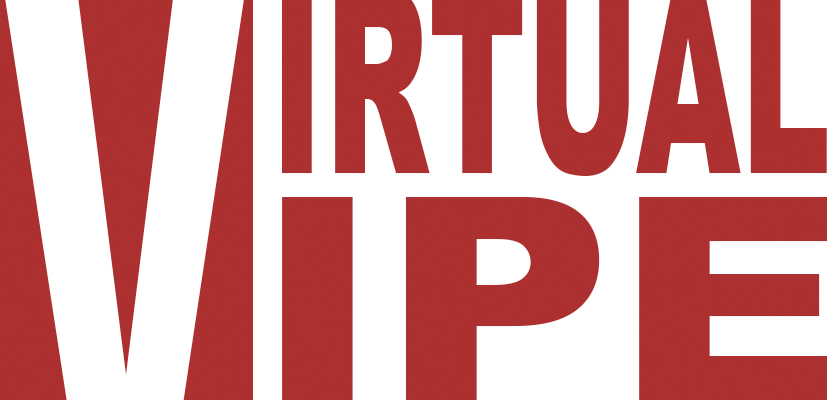 About the Profession
About the Profession
A certified child life specialist is educated and clinically trained in the developmental impact of illness and injury. Their role helps improve patient and family care, satisfaction, and overall experience. Child life specialists focus on the optimal development and well-being of infants, children, adolescents, and young adults while promoting coping skills and minimizing the adverse effects of hospitalization, health care, and/or other potentially stressful experiences.
What Do Child Life Specialists Do?
Using therapeutic play, expressive modalities, and psychological preparation as primary tools, in collaboration with the entire health care team and family, child life interventions facilitate coping and adjustment at times and under circumstances that might otherwise prove overwhelming for the child. Play and developmentally appropriate communication are used to (1) promote optimal development; (2) educate children and families about health conditions; (3) prepare children and families for medical events or procedures; (4) plan and rehearse useful coping and pain management strategies; (5) help children work through feelings about past or impending experiences; and (6) establish therapeutic relationships with patients, siblings, and parents to support family involvement in each child’s care. In both health care and community settings, certified child life specialists help infants, children, youth, and families cope with the stress and uncertainty of acute and chronic illness, injury, trauma, disability, loss, and bereavement. They provide evidence-based, developmentally and psychologically appropriate interventions including therapeutic play, preparation for procedures, and education to reduce fear, anxiety, and pain.
What Is the Academic Background of the Child Life Professional?
Child life specialists have a minimum of a bachelor’s degree in child life, child and family studies, psychology, child development, recreational therapy, early childhood education, or another related field. Undergraduate coursework focuses on specific child life–related content areas as established by the Association of Child Life Professionals (ACLP) and prepares students for clinical work, postbaccalaureate work, and certification. Internships and volunteer opportunities are also included as part of the curriculum. Common classes include:
-
Child development
-
Adolescent development
-
Family dynamics
-
Loss and grief
-
Human anatomy and physiology
-
Medical terminology
-
Therapeutic play
A graduate program in child life, such as a Master of Science in Child Life or a Master of Science in Family and Child Studies, can further prepare an individual for a career as a child life specialist. Studies typically include advanced coursework in medical issues and coping strategies as well as fellowships.
Certification Information
Employers vary in their requirements, but nearly all positions require that applicants hold the Certified Child Life Specialist (CCLS) accreditation from the Child Life Certifying Commission (CLCC). The CCLS credential is currently the only one in the field. In order to obtain it, applicants must hold a bachelor’s degree, take coursework in child life or a related topic, complete 600 hours of clinical work, and pass the certification exam.
References
The American Academy of Pediatrics. (2014). Child life services. Pediatrics, 133(5), e1471–e1478. (http://pediatrics.aappublications.org/content/133/5/e1471.full)
The Association of Child Life Professionals. (2019). The child life profession. (https://www.childlife.org/the-child-life-profession)
